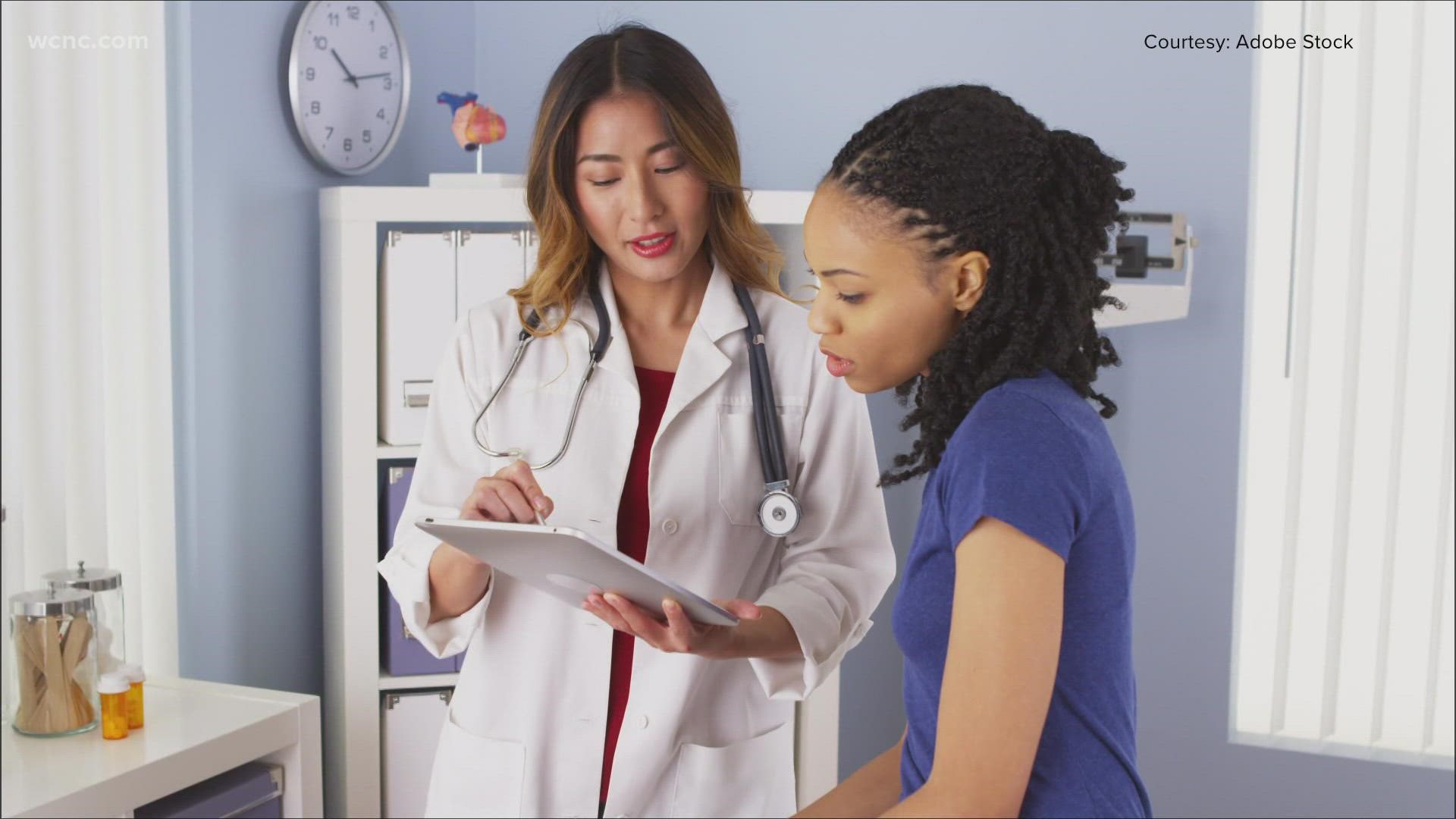CHARLOTTE, N.C. — The typical onset for diagnosing bipolar disorder is at about age 25. But for many people, they’ve been dealing with the disorder for years before that.
“Oftentimes folks come in with depressive symptoms and get treated for and diagnosed with depression, and for bipolar diagnosis to be diagnosed, folks have to experience at least one manic or hypomanic episode,” mental health counselor Jackie Greco said.
Greco said because of this, people will get diagnosed with depression before getting their bipolar disorder diagnosis.
“In a good day, I'll get a lot done, but I don't have the classic mania, that would be diagnosed as such,” Sarah Schley said. Schley is living with Bipolar II.
She said it took her 25 years and five doctors to finally get diagnosed.
"This is the face of bipolar, right? It could be your next-door neighbor," Schley said. "It's not that, you know, prejudice, we might have somebody who's cool, crazy, or irresponsible. So it's, it's frequent."
For some people, the reason the diagnosis comes later in life is because they are just too ashamed to get help.
“The last thing you want to do is reach out because you feel shame, you feel all the negative feelings that you don't want to reach out,” Schley said.
To help end the bipolar stigma, she wrote a book called "BrainStorm: From Broken to Blessed on the Bipolar Spectrum" about her life-changing story.
Greco said to reduce shame, we all need to educate ourselves about what mental health diagnoses are and are not.
“We have to become aware of our prejudice and how we treat folks with mental health diagnoses differently," Greco said, adding, "People who live with mental health diagnoses are not that different from people who don't.”
Experts say some signs of bipolar disorder are lethargy, exhaustion, and isolation. If you or a loved one are experiencing these symptoms, see a doctor.

